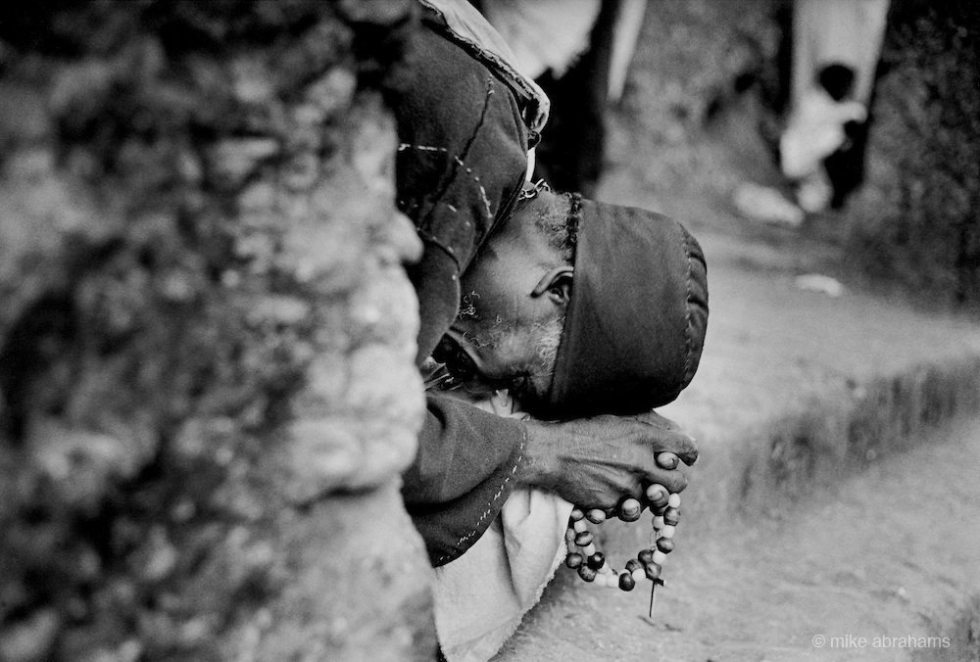“For if we would judge ourselves, we would not be judged.” 1 Corinthians 11:31
“We have abandoned the easy yoke, that is self-reproach, and we have burdened ourselves with the heavy yoke, that is self-justification.” Abba Poemen (from the Prologue of Orhid*)

Perhaps one of the main reasons why so many people made the journey to see monastics is that they spent their lives examining themselves more than speaking out for or against others in cities and towns. Monks and nuns were way too busy praying and repenting over their own sins even when it would seem they had none. Macarius the Great, a man known for his piety, asked God in the morning to, “Cleanse me, a sinner, for I have never done anything good in thy sight.”** Basil the Great, who was numbered with the Desert Fathers of Egypt before becoming Bishop of Cappadocia, as well confessed, “I have not been with a woman. But I am not a virgin.”*** As these and other devout people of God kept pointing fingers at themselves, other Christians saw them as trustworthy saints that they could admit everything too. Of those who made pilgrimages to learn from these wise men and women, more than a few became monastics themselves. In the Russian hinterlands, entire villages and churches were formed around monasteries even though there were perfectly capable clergymen in established towns.

Self-reproach made it easy for the monastic to share truth and love to seekers. They hid nothing from God about even their slightest sin. So they could empathize with others in their spiritual ailments and give wise insights with compassion. A monk or nun who chose the path of self-justification evades God as Adam and Cain preferring to blame others for their failures and not taking responsibility for their own actions. Not only is it hard to hide the truth from God, eventually others will see their flaws as well. Had the great monastics of Africa, Europe, and Asia taken such a route, Christianity may have fallen into the scrap heap of history. However, the wisdom of such men as Abba Poemen became a guide from the arid Egyptian Thebaid to the thick forested north, “Be the example, not the legislator.”****

A mentor and friend at Virginia State University, Dr. Harold Braxton, used to preach, “Don’t shout any higher than you live.” In the current climate of actual and vocal wars being fought, this is sound advice. The best way to spread the Gospel, advise seekers, and (maybe) heal a few divisions is for us Christians to spend more time repenting of our own failures and not looking for ways to excuse them. By learning and practicing such humility, we can effectively evangelize by what people see in us, not simply by what they hear from us. Trying to justify ourselves will only make us more distant from God and increase divisions with others.
- *pg. 515
- **St. Philip’s Prayer Manual & Common Discipline, pg. 28
- ***Philokalia Vol. 1, pg. 77
- ****The Sayings of the Desert Fathers, pg. 191
